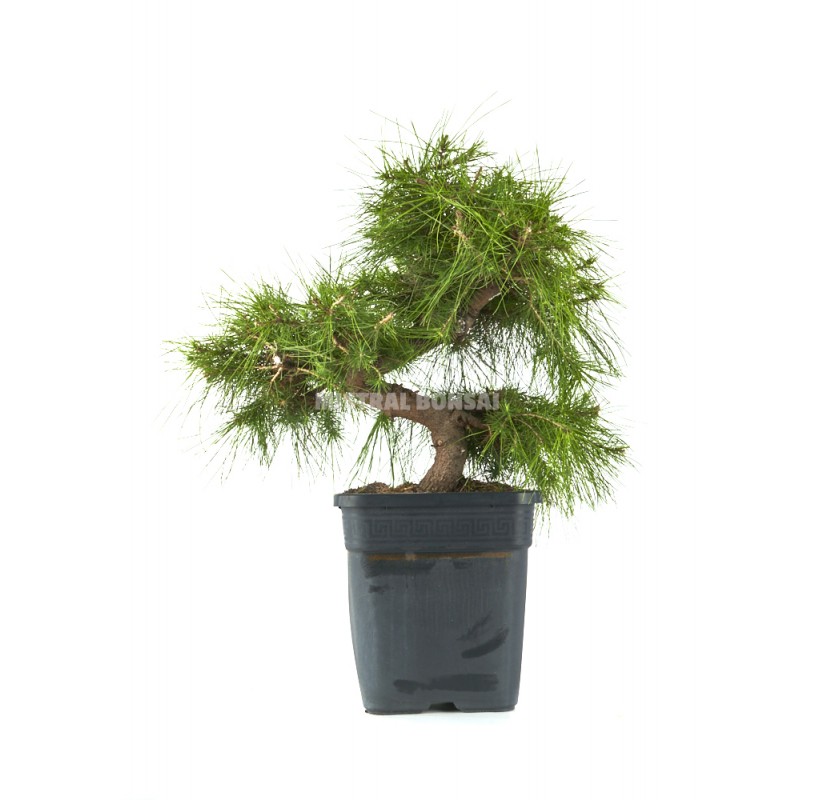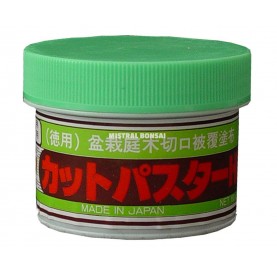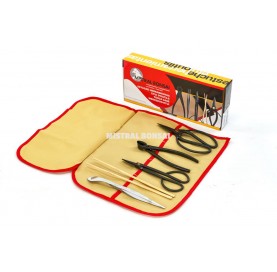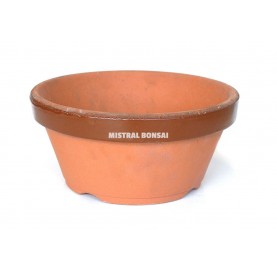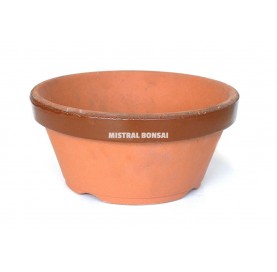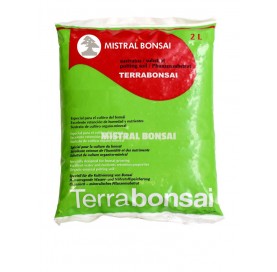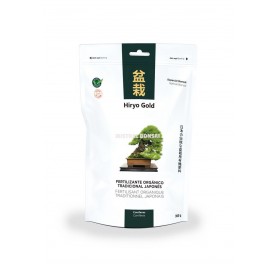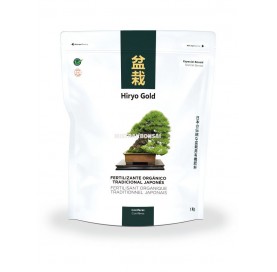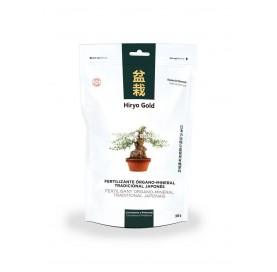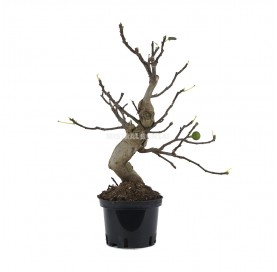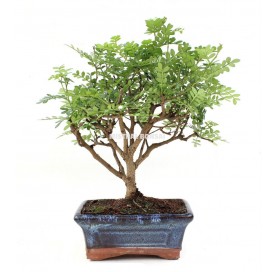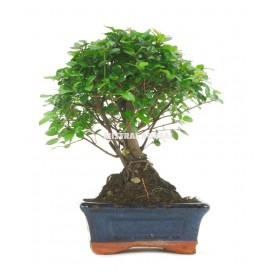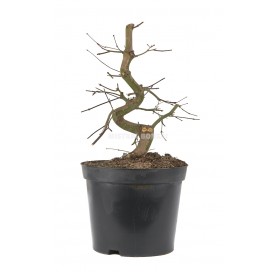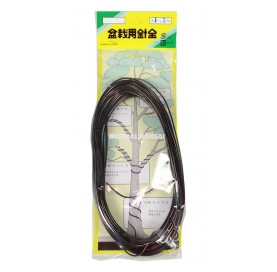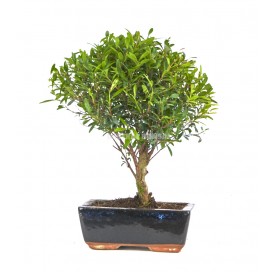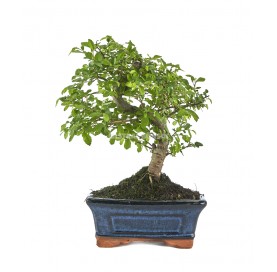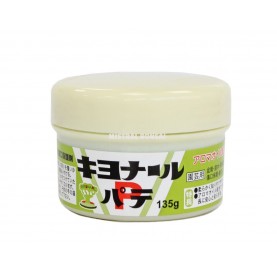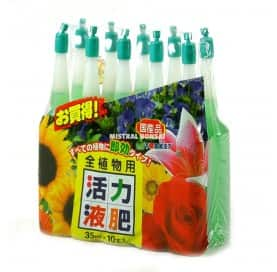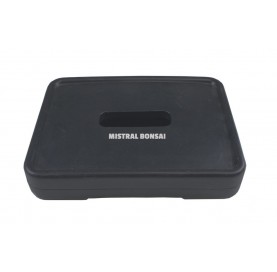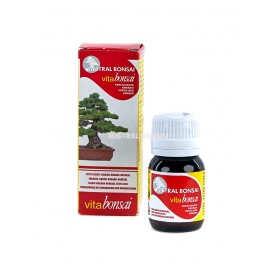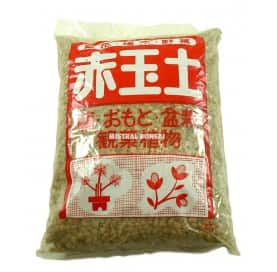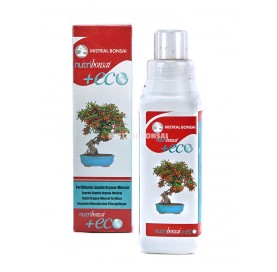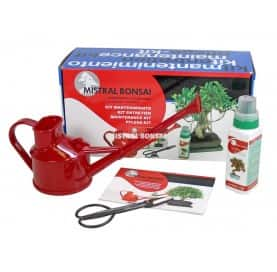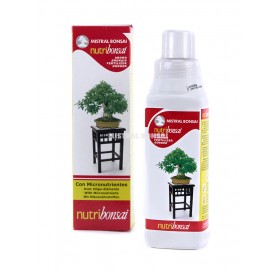Pinus halepensis. Prebonsai 17 years. Aleppo pine.
Pinus halepensis. Prebonsai 17 years. Aleppo pine. These are typical Mediterranean trees, they live better outside. Evergreen tree, with leaves called “needles”. It belongs to the order of conifers, since its fruit is cone shaped. Of grayish branches and bark. Very resistant to arid conditions. At the root level, it associates with fungi to form the famous mycorrhizae, thus improving its nutrient absorption.

Find answers to the most frequent questions with our technical team.

Check where we ship and conditions here

The VAT corresponding to the country of destination will be applied.
Pinus halepensis. Prebonsai 17 years. Aleppo pine. These are typical Mediterranean trees, they live better outside. Evergreen tree, with leaves called “needles”. It belongs to the order of conifers, since its fruit is cone shaped. Of grayish branches and bark. Very resistant to arid conditions. At the root level, it associates with fungi to form the famous mycorrhizae, thus improving its nutrient absorption.
A pre-bonsai is a small tree with specific features, that with a little work and some care can become a beautiful bonsai. The pre-bonsais are grown from seedlings to get a good nebari, which is the base of the trunk, fine roots near the trunk, and several design possibilities. This pre-bonsai line will allow you to model and design the bonsai in the style you want or that the tree indicates.
Location: It has to be located outdoor, in full sun. It is one of the trees most in need of sun exposure.
Watering: Pine trees require controlled irrigation. An excess of it, especially if the substrate does not drain well enough, is fatal to the life of mycorrhizae. These are fungi whose roots (hyphae) act in symbiosis with those of pine, helping them to absorb mineral elements from the soil, such as phosphorus.
Curiosities: Forest fires favour the extension of these pines, since the fire explodes the pinecones, spreading the seeds.
Dimensions in centimeters approx. (width x depth x height): 57.00 x 52.00 x 70.00cm
Note: The shape and measurements of the prebonsais are approximate. The pot is included on the dimensions. The colour and shape of the pot may vary from that of the photo. A prebonsai is a living being. The images that appear are non-binding illustrative pictures.
Data sheet
- Genus
- Pinus
- Habitat
- Outdoor
- Leaf type
- evergreen
- Bonsai pot dimensions (approx.)
- From 29 to 36 cm
- Level of care
- Medium
Family
Pinaceae
Origin
Tree native to the Mediterranean basin.
Fertilisation
Spring and autumn. It is preferable to use organic fertilizers, favouring and protecting mycorrhizae.
Transplant
Every 3 years.
Substrate
100% Kiryuzuna, or mixed with a 50-70% of Akadama.
Or, if not available, Mistral Bonsai TERRABONSAI can also be used.
After transplanting it is convenient to water with a solution of VITABONSAI from Mistral Bonsai, to accelerate the recovery of the tree.
Pruning
Done in the coldest months of the year. Whenever we can, we have to leave needles and buds on the branch when pruning, otherwise it will dry.
Nipping
At the spring growth of the candles. First, we will slow the strongest ones, by breaking them with the fingers and leaving only 1/3 of the candle. Then, we will break the medium ones in half. Of the weak ones, we will only eliminate 1/3 and, if they are very weak, we will not touch them. We must do this before the needles deploy; Generally, in the month of March.
Fencing
From October to March. Preferably with copper wire, since they are very flexible trees, wire must remain a long time.
You might also like
Customers who purchased this product also purchased ...
Top sellers
Reviews
No customer reviews for the moment.

